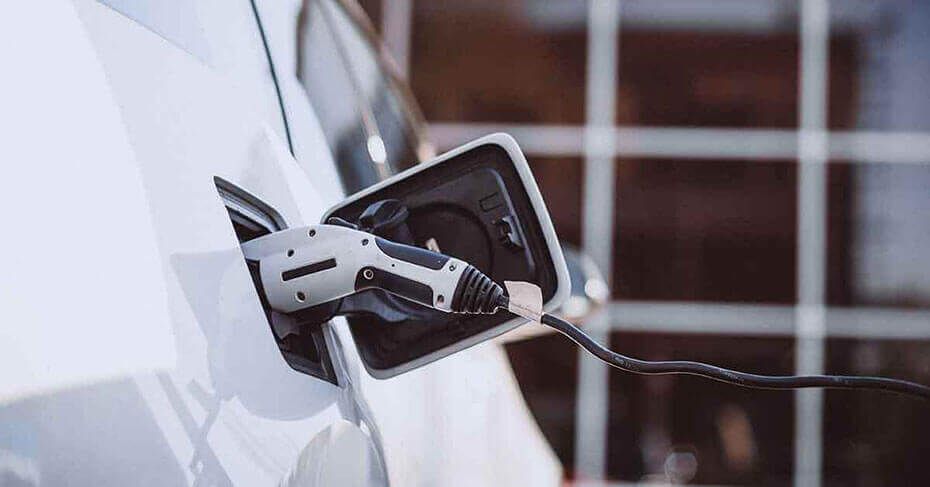
Do electric cars cost more to insure?

by Maddi Butler
Though many major car manufacturers produce at least one type of electric car, they haven’t quite caught up to traditional vehicle sales. Though that milestone is probably years down the road, that isn’t to say electric cars don’t sell. Over the last decade, electric car sales have skyrocketed, thanks in part to the advent of Tesla models.
The increase in popularity is also due to the increased popularity of sustainability. Because they don’t use gas, electric cars are a more sustainable, eco-friendly option. Though the upfront costs can be steep, you’ll likely pay less for the car over time.
When it comes to insurance, electric cars tend to be more expensive to insure than gas cars, but this isn’t always true. For an electric-only car, the cost of insurance may seem high because of the car you’re comparing it to. The biggest problem when comparing the two is the disparity in upfront costs.
For example, for a car that comes in a standard gas model and an electric model, the electric model may cost buyers an extra $10,000, with the difference coming from the parts used in electric models. The price difference may impact your insurance premiums, too. In the case of an insurance claim, a more expensive car will cost more to repair, and the claim will be higher.
Repairs may also be more expensive for electric cars because it includes more complex parts (such as the battery) that are more difficult and costly to replace.
Though there haven’t been many studies on this topic yet, some research supports the idea that insurance premiums are higher for electric cars. A study conducted by Nerdwallet found that on average, insurance for electric vehicles is 21% higher than insurance for a traditional vehicle. A study by ValuePenguin found 23% higher premiums. On the other hand, a study by Compare.com found no meaningful difference.
These studies may represent a possible trend, but they also don’t account for other things that affect your rates, such as driving record and age. Not every provider charges higher rates for electric vehicles, either.
Ultimately, the impact on your budget will depend on the make and model of whichever electric car you purchase. It’ll also depend on your insurance company. Make sure to shop around and compare quotes, because your carrier might not have the best rates for electric cars. What does this mean for drivers? Essentially, it simply highlights the importance of shopping smart.